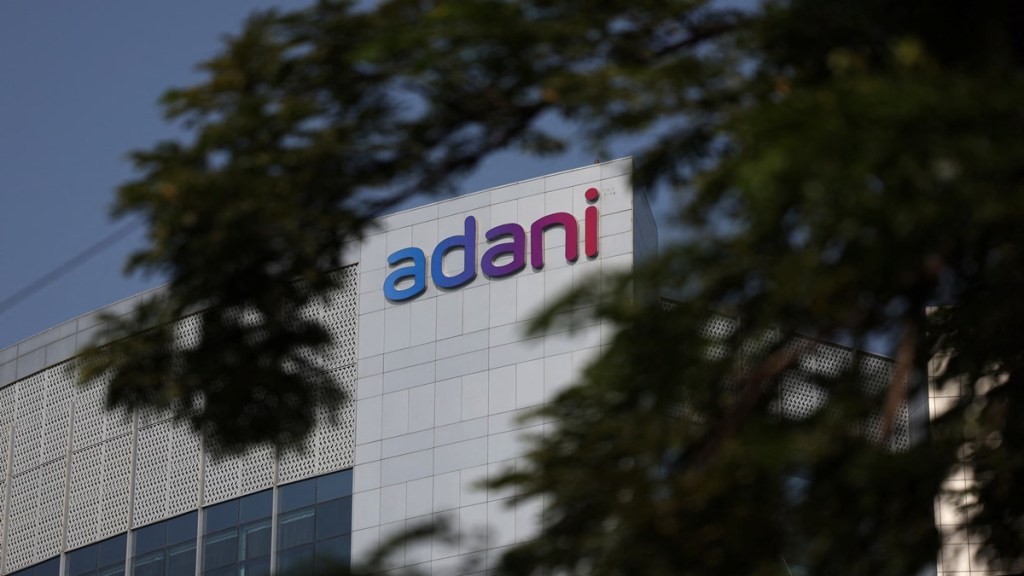The Adani Group on Thursday reported its highest-ever trailing 12-month ebitda (earnings before interest tax, depreciation and amortisation) of Rs 90,572 crore, for the period from July 2024 to June 2025.
This was higher than the Rs 85,502 crore pre-tax profit in the trailing 12 months ending June 2024, it said in a statement.
The growth was driven by strong performance in its core infrastructure and clean energy businesses, along with contributions from its emerging airports segment. trade volume and volatility of index prices in IRM (Integrated Resource Management).
Portfolio-level strength and financial health
“The sustained EBITDA expansion provides strong support for the planned annual capital expenditure of Rs 1.5-1.6 lakh crore” the statement said.
The ports-to-energy group posted highest ever quarterly ebitda of Rs 23,793 crore in April-June, with core infrastructure businesses of utility, transport, and incubating infra businesses under Adani Enterprises accounting for about 87% of this.
On the credit side, the portfolio-level leverage continues to remain one of the lowest globally at 2.6 times net debt to Ebitda.
The conglomerate had “ample liquidity to cover debt servicing for at least the next 21 months,” it said, adding that cash balance at Rs 53,843 crore was about 19% of gross debt.
As on March 31, 2025, fund flow from operations or cash after tax was at a record Rs 66,527 crore while asset base stood at Rs 6.1 lakh crore with the addition of Rs 1.26 lakh crore in FY25.
Incubating infra assets such as airports, solar and wind manufacturing, and roads crossed Rs 10,000 crore Ebitda for the first time. The performance across infrastructure and adjacencies offset a dip in the coal trading business of flagship Adani Enterprises (AEL).
Growth engines: Core and incubating businesses
This strong performance was led by sustained growth in incubating businesses (notably airports under AEL), along with renewable energy firm Adani Green Energy, electricity transmission arm Adani Energy Solutions, Adani Ports and SEZ, and Ambuja Cements.
“Robust contributions from these businesses more than offset the dip in AEL’s existing business. Negative growth in AEL existing business is primarily due to a decrease in trade volume and volatility of index prices in IRM (commodity trading),” it said


